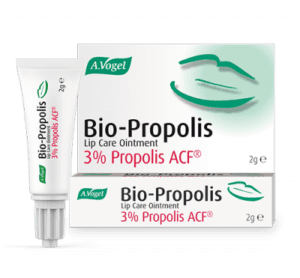
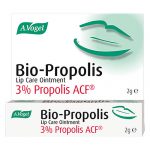

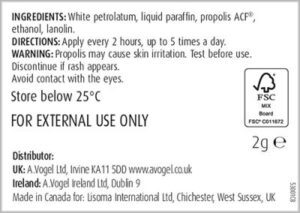
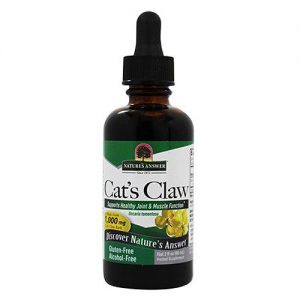
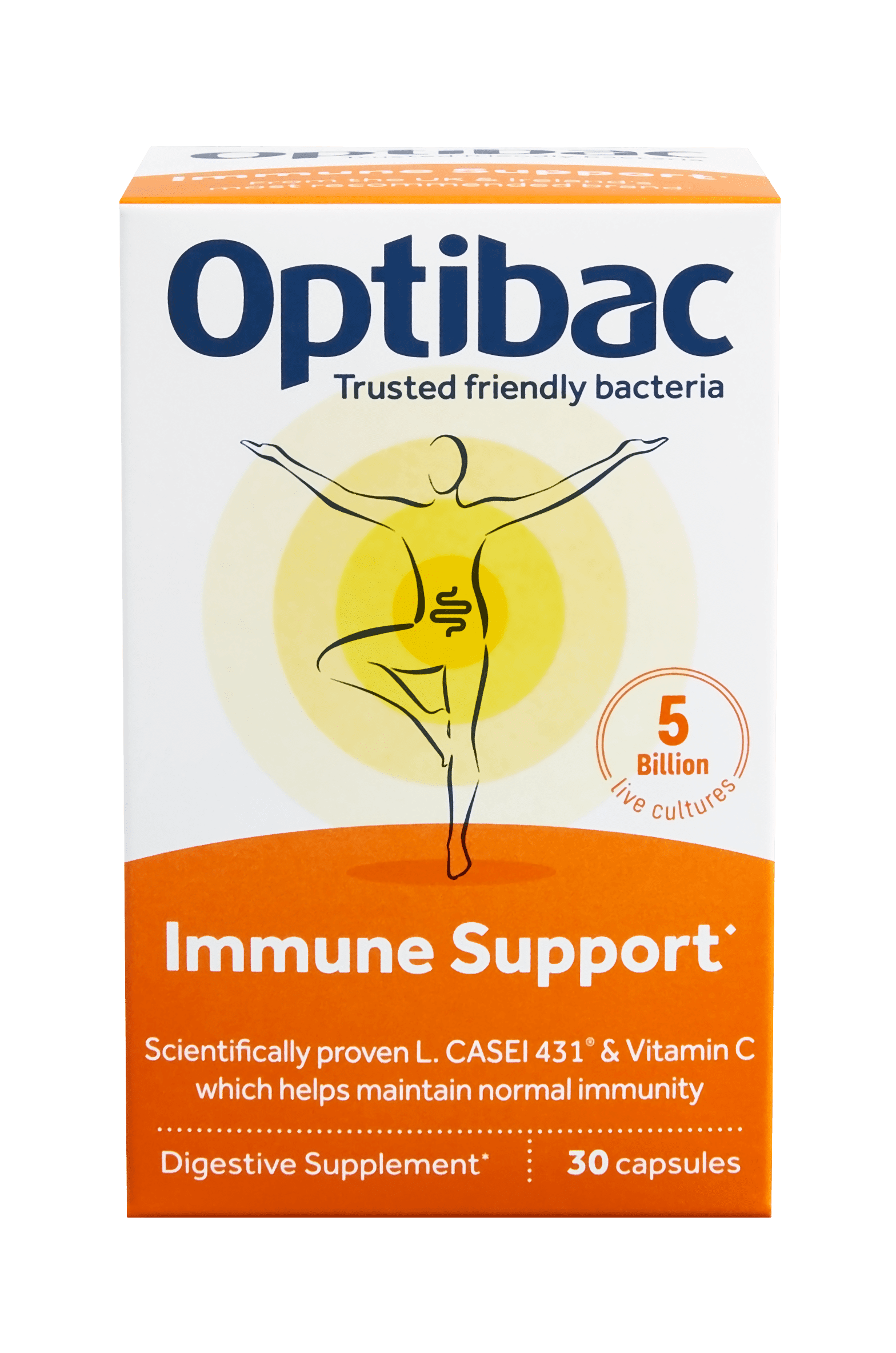
Bio-Propolis Cold Sore Lip Care A Vogel
£7.45 Original price was: £7.45.£5.99Current price is: £5.99.
Propolis
A Vogel Bio-Propolis Cold Sore Lip Care, a resinous substance collected by bees from plants, has been used traditionally for various medicinal purposes.
It contains compounds such as flavonoids, phenolic acids, and other bioactive substances that exhibit antimicrobial and anti-inflammatory properties. While research on propolis specifically for cold sores is limited, there is some evidence suggesting potential benefits:
1. **Antiviral Properties:**
– Propolis has been studied for its antiviral activity. Some research suggests that propolis may have inhibitory effects against certain viruses, including herpes simplex virus (HSV), which is responsible for cold sores.
2. **Anti-Inflammatory Effects:**
– Cold sores are often accompanied by inflammation. Propolis has anti-inflammatory properties that may help reduce swelling and discomfort associated with cold sores.
3. **Wound Healing:**
– Propolis has been shown to have wound-healing properties. Applying propolis to cold sores may support the natural healing process and help reduce the duration of the outbreak.
4. **Antioxidant Activity:**
– The antioxidant compounds in propolis may help protect the skin and support its overall health. Antioxidants can neutralize free radicals and contribute to the healing of damaged skin.
5. **Immune System Support:**
– Some studies suggest that propolis may modulate the immune system, potentially enhancing the body’s ability to defend against viral infections. A stronger immune response may aid in preventing or reducing the severity of cold sores.
While these potential benefits are promising, it’s essential to note that more research is needed to establish the specific effectiveness of propolis for cold sores. If you’re considering using propolis for this purpose, here are some tips:
– **Topical Application:** Propolis can be applied topically as an ointment or cream directly onto the cold sore. Ensure that the product is specifically formulated for skin application.
– **Consultation with Healthcare Professional:** Before using propolis or any alternative remedy for cold sores, it’s advisable to consult with a healthcare professional, especially if you have underlying health conditions or are taking medications.
– **Patch Test:** Perform a patch test on a small area of skin to check for any allergic reactions or irritation.
– **Use as Adjunctive Treatment:** Propolis should be considered as an adjunctive or complementary treatment rather than a primary remedy. It may be used in conjunction with conventional antiviral medications or other cold sore treatments.
Individual responses to propolis can vary, and some people may be allergic to bee products. If you experience any adverse reactions, discontinue use and seek medical advice.
As with any health concern, it’s important to consult with a healthcare professional for personalized advice and guidance tailored to your specific situation.
Health Benefits
Although few clinical trials have tested the health effects of propolis, there’s some evidence that propolis may offer certain benefits. Here’s a look at several key findings from the available studies.
Cold Sore Treatment
Preliminary research suggests that topically applying may help heal cold sores. In a study published in Phytotherapy Research in 2010, for example, scientists found that extracts of propolis possess virus-fighting effects that may help knock out against herpes simplex virus type 1, the virus that causes cold sores.
Burn Treatment
It may promote the healing of minor burns, according to a study from the Journal of Alternative and Complementary Medicine. For the study, researchers compared the effects of a propolis-based skin cream with those of silver sulfadiazine, a drug commonly used in the treatment of second- and third-degree burns, in patients with second-degree burns.
Gastrointestinal Disorders
Research suggests propolis can help treat gastrointestinal disorders, including ulcerative colitis, gastrointestinal cancers, and ulcers. Components in including caffeic acid phenethyl ester (CAPE), artepillin C, kaempferol, and galangin, have been shown to effectively eliminate pathogens, including H. pylori. The research, however, is limited to animal studies and cell cultures.
Cavity Control
It may help fight cavities, a study from Biological & Pharmaceutical Bulletin shows. In laboratory research, scientists found that compounds found in propolis helped inhibit the growth of Streptococcus mutans, an oral bacteria known to contribute to the development of cavities.

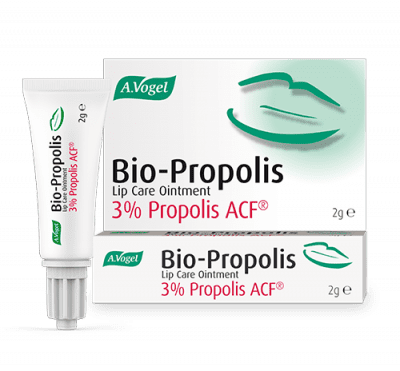
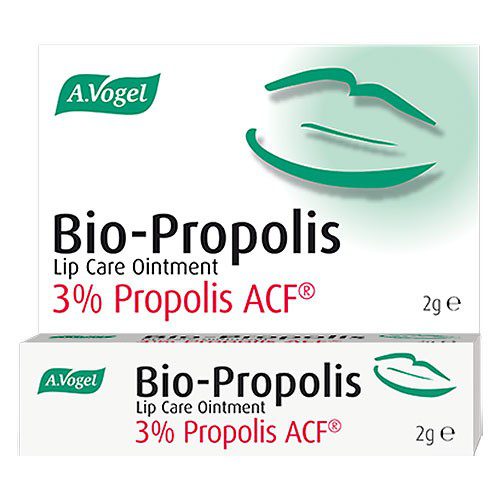
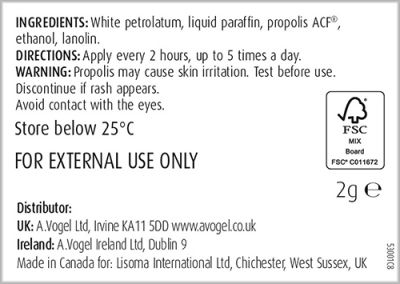
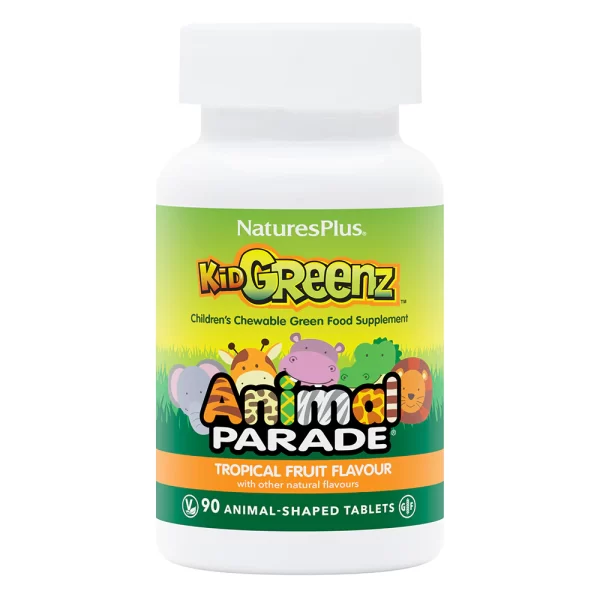
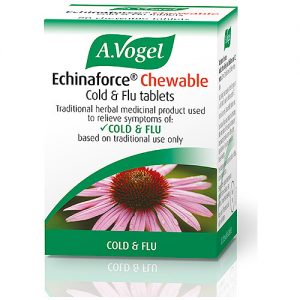
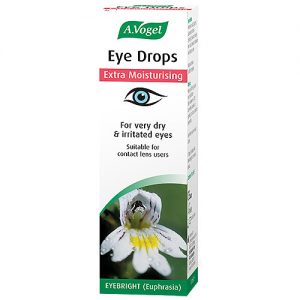
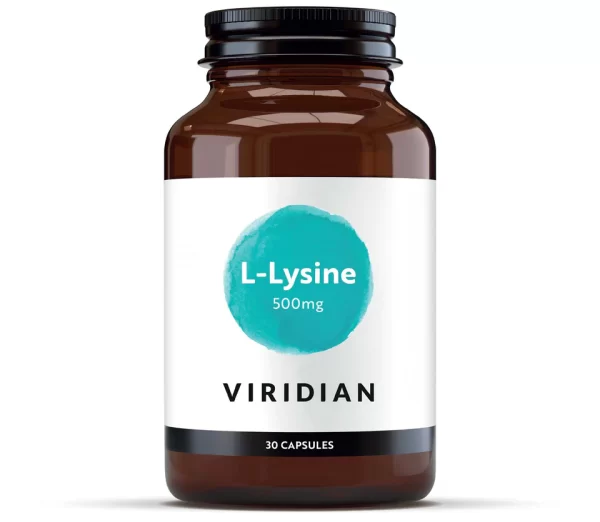
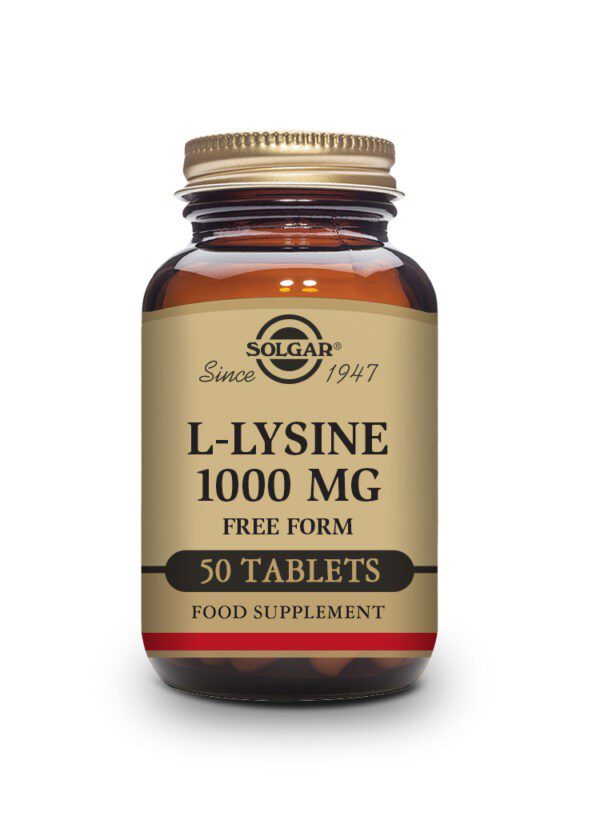
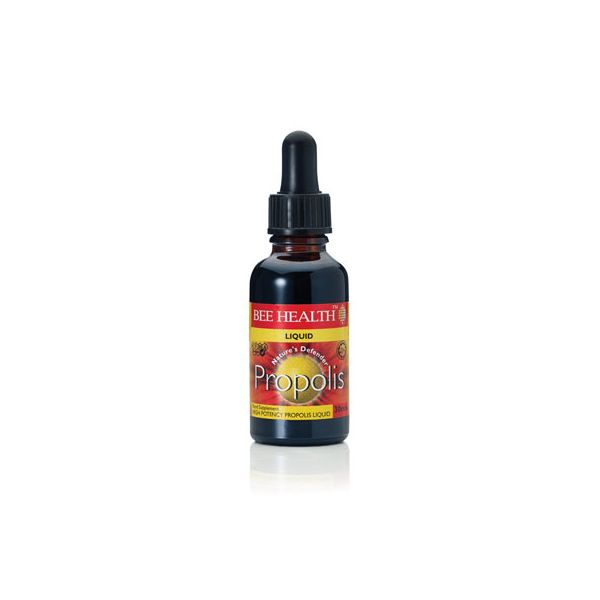
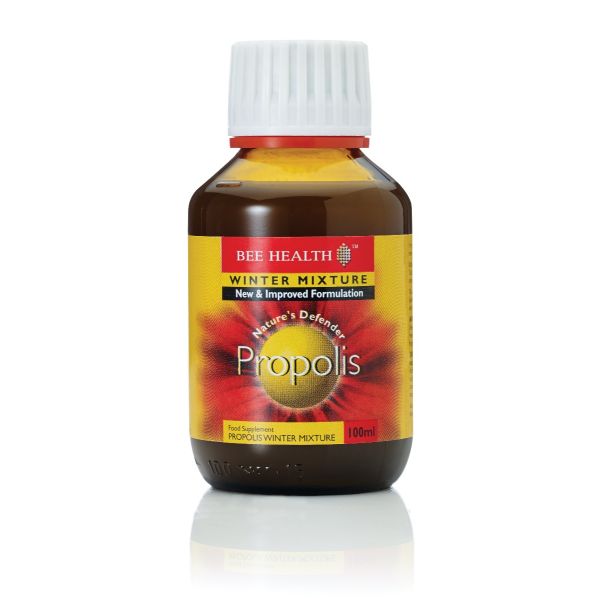
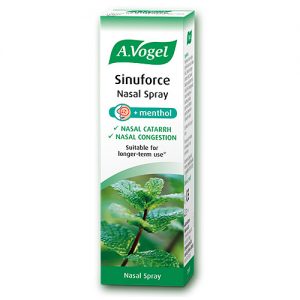




Reviews
There are no reviews yet.